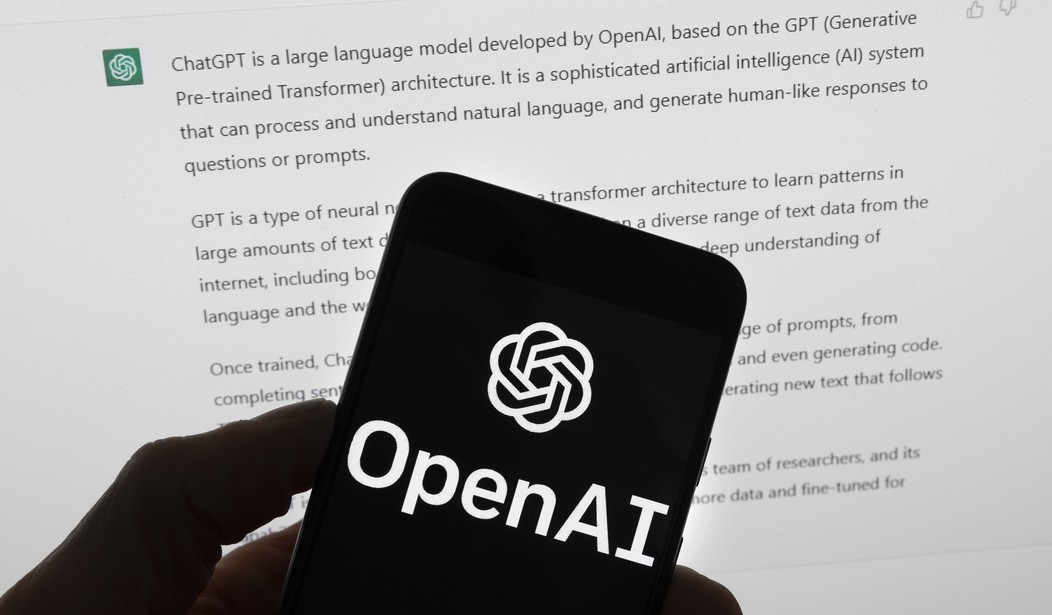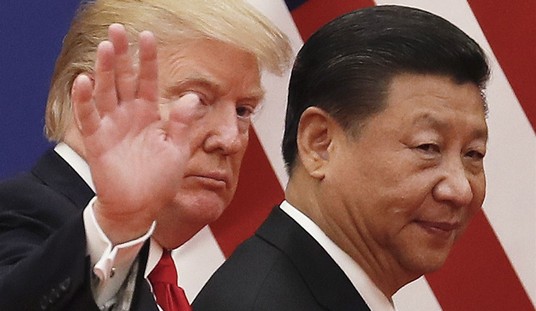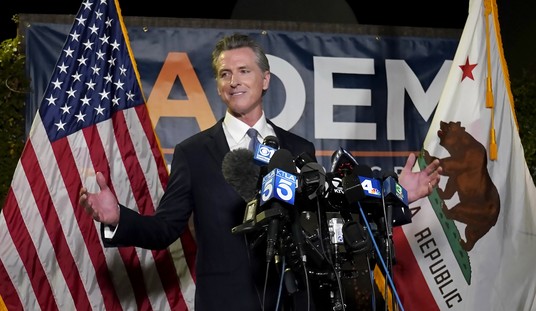As artificial intelligence (AI) development continues at a fast pace, with practically every industry eagerly trying to adopt it, American workers might find themselves becoming poorer thanks to this supposedly marvelous AI.
While it is true that new technologies should not be stopped purely because some people will lose jobs — every technological advance triggers that — the pros and cons should be carefully weighed, and it should be asked if the technology in question will likely do more good than harm. Thus power looms put weavers out of work during the Industrial Revolution, but ultimately millions of people were able to buy and own far more clothing than ever before, at a cheaper cost.
On the other hand, the exponential growth of AI promises to empower governments and leftist elites. Unfortunately, it’s also likely to provide fewer benefits than risks for ordinary people. Some experts have warned as much, even as power-hungry globalists dream of utilizing AI to remake the world into an authoritarian dystopia.
Exhibit one: the insidious World Economic Forum (WEF), which published the plan for you to “own nothing, have no privacy” and supposedly be grateful for it. WEF is in love with the genocidal Chinese Communist Party (CCP), which is using AI to propagandize “socialist values” and censor their people.
But WEF also perceives AI as the potential tool or vehicle for the “Fourth Industrial Revolution,” the radical remake of society, according to a Jan. 16 panel at WEF’s Davos 2024 conference. Last year, WEF also admitted that, while AI will create some jobs, it will also get a lot of people fired.
If you look at the two lists WEF provided, most of the “fastest growing jobs” due to AI require some level of higher education; i.e., they are white-collar jobs. These include Robotics Engineers, AI and Machine Learning Specialists, Data Analysts and Scientists, and Electrotechnology Engineers. Meanwhile, the “fastest declining jobs” are mostly blue collar jobs, including Cashiers, Bank Tellers, and Postal Service Clerks (though, interestingly, Legislators and Officials were also included — is AI going to sit in Congress?).
My main point is that WEF, which has openly avowed its goal of ensuring most citizens have no private property at all, believes AI will harm blue-collar workers globally and only help very specialized white-collar workers. In other words, AI will make many people poorer.
I’m not the only person to notice this potential crisis. OpenAI (ChatGPT) CEO Sam Altman confessed that AI would trigger major job losses. “I'm not afraid of that at all,” announced the multi-millionaire coolly, which is such a relief for all those who will be affected (which doesn’t include him). “In fact, I think that's good. I think that's the way of progress, and we'll find new and better jobs,” Altman added. At least he’s honest.
More recently, researcher John Mac Ghlionn wrote a Jan. 16 commentary piece for The Epoch Times titled “AI Will Likely Decrease Wages, Make Everyday Americans Poorer.” With predictions that AI will start replacing tutors, medical professionals, and more, Mac Ghlionn warned us not to be fooled: “AI will very likely benefit a select few and negatively affect millions, if not billions, of others. Artificial intelligence is, in many ways, a technology of the rich, by the rich, for the rich.”
Some experts have prophesied AI could lead to the extinction of humans, and, while that prediction could be somewhat exaggerated (like the deceptive dream of AI becoming sentient), Mac Ghlionn does predict the majority of mankind will ultimately be impacted by AI. Back in 2021, the National Bureau of Economic Research argued that automation technology was driving “income inequality.” I am no expert, so I cannot say for certain if that is an accurate assessment, but, if it is, the income gap will widen even more with the AI revolution.
Mac Ghlionn explained:
A recent paper, published by academics in Hong Kong and China, explicitly warns that AI will widen the gap between the haves and the have nots ... AI already plays a sizable role in millions—maybe even billions—of people’s daily lives. From unlocking our phones through face recognition to collecting data in our cars to shaping our social media feeds, AI is, in many ways, the operating system on which we all operate. As AI becomes more sophisticated, expect our lives to undergo even more radical changes, with those at the very top of the chain profiting, while the rest of us are left swimming against the tech-driven tide.
No doubt we will see some short-term benefits with AI, like the ones we already experience, with convenience and efficiency on an unprecedented scale for the various technologies we use in our lives. It’s a slippery slope, however. Don’t get so entranced with the enthusiastic propaganda about AI that you walk willingly into the poverty trap that the elites have set for you.










